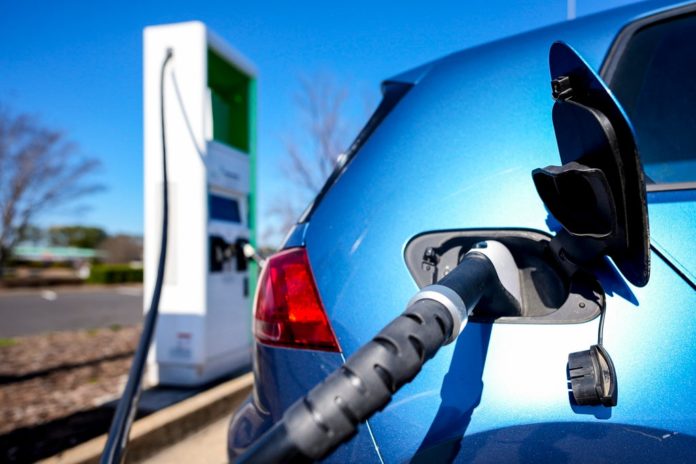Electricians are key to the installation and maintenance of residential and public EV chargers. Electrician jobs are expected to grow around 7% from 2021 to 2031 — roughly average compared to other occupations — according to the U.S. Bureau of Labor Statistics.
But in a city where building trades unions long excluded Black workers, the field is dominated by white men. Only around 14% of electricians working on city projects are people of color and fewer than 1% are female, said Patricia Blumenauer, chief operating officer at PhilaWorks, another city partner on the program.
Because communities of color tend to disproportionately breathe pollution from gas- and diesel-powered cars and trucks, these communities should benefit from transportation electrification, said Dr. Shelley Francis, co-founder and managing partner of EVNoire, a consulting company focused on electric mobility best practices and diversity, equity and inclusion.
“It makes sense to make sure that we are engaging these communities and providing them with workforce and development opportunities to improve their career trajectory, improve their economic trajectory as well, so that they can benefit from this proliferation of resources and funding,” Francis said.
The Plug In Philly initiative will include outreach in particular to female, Black, Indigenous and other job seekers of color currently working low-wage jobs, according to the city’s announcement. One long-term goal of the program is to increase the number of female and BIPOC electricians working on city public works projects by 2030.
In Philly, the prevailing wage for electricians working on construction projects done on behalf of the city is over $68 an hour.

